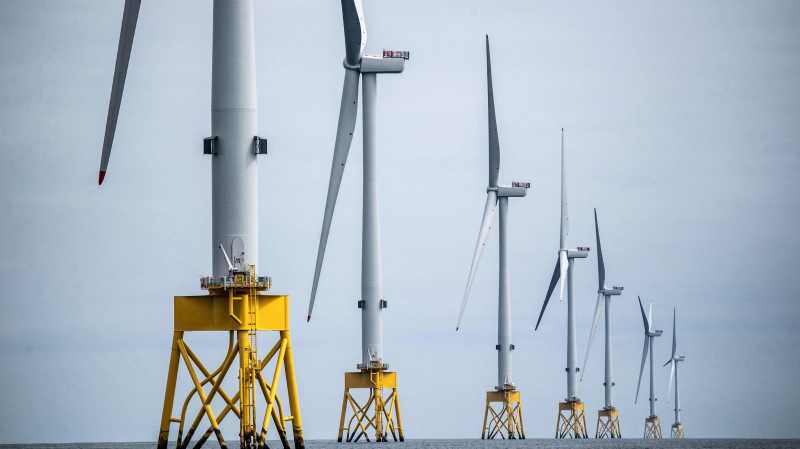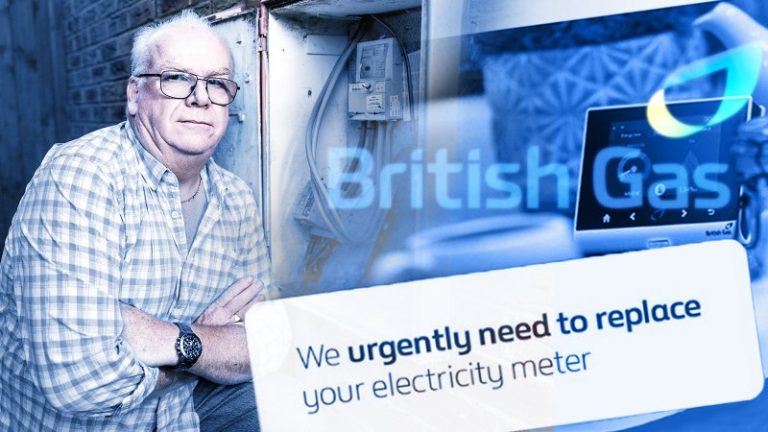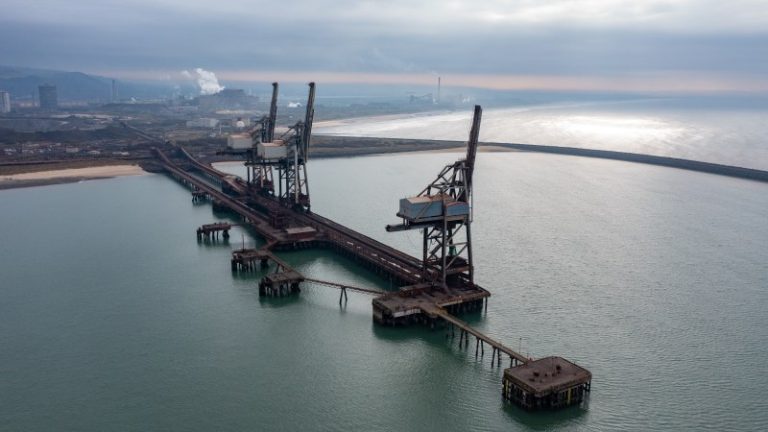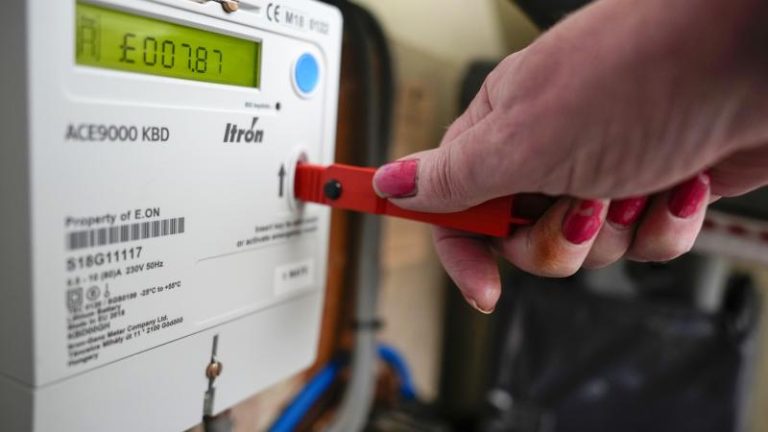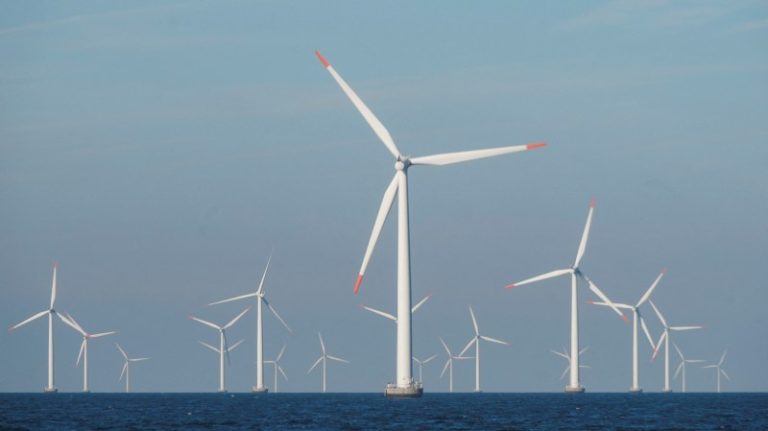Scottish renewable energy dealt ‘major blow’ in UK pricing auction
Scotland’s renewable energy industry has been dealt a “major blow” after no offshore wind projects received support in the UK government’s pricing auction.
Scottish Renewables, the trade body, said that “urgent reform” was needed, while others suggested that the result should be a “wake-up call” for Westminster.
Companies had already warned that the cost inflation of such projects meant they would need more help before committing to them. Some developments have been paused over concerns that the price set for electricity generation is too low to make them viable.
The contracts for difference (CFD) regime run by the UK government intends to give certainty by paying a set price for power generation over a pre-determined length of time.
It is meant to help investors secure financing and place orders while knowing there is a minimum level of return. However, the floor price of £44 per megawatt hour (MW) generated for offshore wind was not high enough to tempt any bidders.
There were CFD deals for 24 onshore wind farms — where the price was £52.29 per MW— in Scotland, as well as a solar project — at £47 per MW— and seven tidal energy farms where there is a £198 per MW price.
The large-scale deployment of offshore wind is seen as crucial to meeting net-zero ambitions because it has the ability to generate more gigawatts of power because turbines can be larger than on land.

Stephen Wheeler, the managing director of SSE Renewables, welcomed the CFDs for the company’s onshore wind farms but argued more support is needed for offshore. He said: “Offshore wind should be the backbone of our transition to a net zero future.
“But with no offshore wind projects coming through in this round, it signals a challenging time ahead for the renewables industry, which is already experiencing significant headwinds caused by inflationary pressure, commodity price volatility, interest rate raises and global competition.”
Stephen Flynn, the SNP’s Westminster leader, accused the UK government of failing to react to the soaring costs of offshore projects. He said: “The consequences of their inaction couldn’t be more stark. Westminster is putting at risk Scotland’s renewable and economic future.”
Claire Mack, the chief executive of the trade body Scottish Renewables, said the industry has “repeatedly warned” of cost pressures facing developers but the “UK government failed to heed these warnings and is now seeing the effect of that inaction”.
“Today’s results are a major blow and should serve as an indication that urgent reform is needed. Every megawatt of renewable energy which isn’t built right now prolongs our dependence on generation using expensive imported gas, which costs consumers money.
“It’s also bad for Scotland’s energy supply chain, which is trying to transition from oil and gas to renewables and desperately needs a steady stream of projects to make their own investments in skilling up and new technology.”
Keith Anderson, the chief executive of ScottishPower, described the outcome of the auction as a “multibillion-pound lost opportunity to deliver low-cost energy for consumers and a wake-up call for government”.
He added: “We need to get back on track and consider how we unlock the billions of investment in what is still one of the cheapest ways to generate power and meet the UK’s long-term offshore wind ambitions for the future.”
In total there was about 3.7 gigawatts of new renewable capacity which received backing in the auction, which is the lowest level since 2017. Of the 1.7 gigawatts of onshore wind that secured support, 24 of the 25 projects are located in Scotland.
Mack suggested the UK government must look again raising the prices for which companies can bid for support. She added: “As a whole, these results are a terrible look for the UK on the international stage.
“It is incredibly hard to say we are a world leader in decarbonisation when the central function of the system which delivers that decarbonisation has failed in such a spectacular fashion. “As international competition for investment ramps up we have to stay ahead of the curve and these results show we’re just not doing that.”
